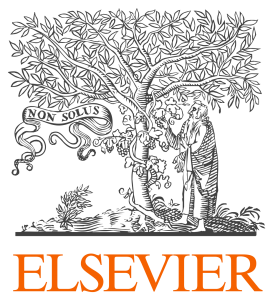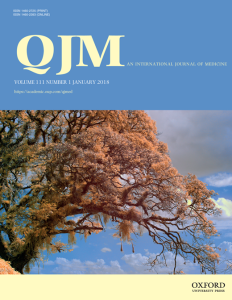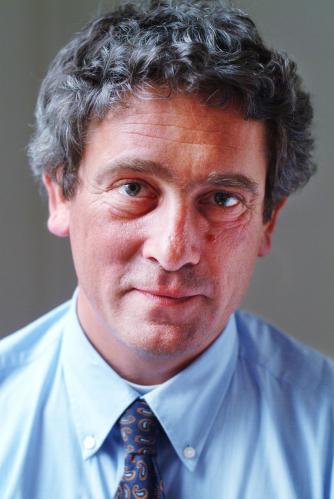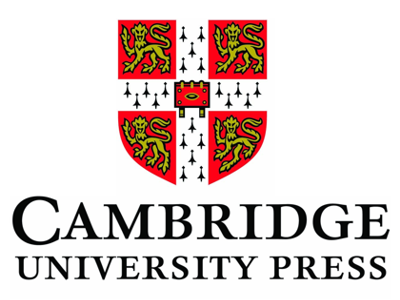 Last October, David Hawkes read a letter to the editor that shocked him: It alleged Hawkes and a colleague had lied about their professional affiliations.
Last October, David Hawkes read a letter to the editor that shocked him: It alleged Hawkes and a colleague had lied about their professional affiliations.
Hawkes told Retraction Watch that he contacted the journal Toxicology on October 19 to complain that the letter contained “numerous factual errors that could adversely affect our professional standing,” and requested the journal retract it as soon as possible. Hawkes told the editors of Toxicology:
…the claims about both myself and Joanne Benhamu are factually incorrect and we have received professional advice that they could be considered slanderous.
The journal retracted the letter yesterday, four months after Hawkes’ request. Continue reading Retracted letter about vaccine safety made potentially “slanderous” claims

 A medical journal has
A medical journal has  Authors of a 2018 paper have retracted it after discovering “the conclusions in the article cannot be relied upon.”
Authors of a 2018 paper have retracted it after discovering “the conclusions in the article cannot be relied upon.”



 A paleontology journal has retracted a recent paper after discovering it had published the
A paleontology journal has retracted a recent paper after discovering it had published the  A journal has retracted a
A journal has retracted a